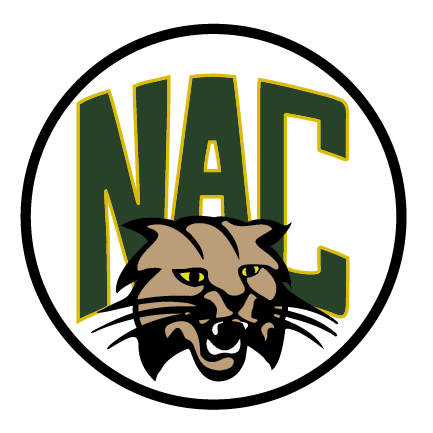Skip to content
Show submenu for District
District
District Clerk
District Plans
Employment Opportunities
School Store
Show submenu for Board of Education
Show submenu for Registration
Registration
Show submenu for Parents
Parents
DASA Reporting
SchoolTool Parent Portal
Student Services
Show submenu for Community
Community
Community Resources
Show submenu for Staff
Show submenu for
